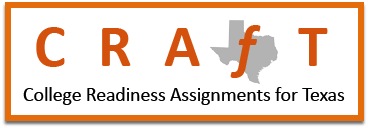III. Interdependence of Global Communities
A. Spatial understanding of global, regional, national, and local communities
1. Distinguish spatial patterns of human communities that exist between or within contemporary political boundaries.
a. Create a map that identifies areas and regions around the world where major world religions have a significant following.
b. Create a map that demonstrates the linguistic diversity of multilingual countries.
2. Connect regional or local developments to global ones.
a. List and explain the significance of various technologies developed in a specific location that ultimately shaped world history.
b. Analyze how international events can influence regional or local politics and popular culture.
c. Create a visual presentation to reflect either a regional or local area’s global economic connections (e.g., worldwide distribution of local products).
d. Analyze how decisions made by multi-national institutions (e.g., OPEC, the International Monetary Fund, the United Nations) affect regional or local circumstances around the world.
3. Analyze how and why diverse communities interact and become dependent on each other.
a. Analyze how contact between formerly separate regions has altered societies and their world views.
b. Analyze the causes and long-term impact of immigration from a given region to a given country.
B. Global analysis
1. Apply social science methodologies to compare societies and cultures.
a. Compare and contrast the governing policies of the British and Spanish empires over time, explaining how each sought to sustain order and stability.
b. Compare and contrast the historic use of forced labor in various societies.
c. Examine the roots and consequences of decolonization in Africa over the last 100 years.
d. Examine world population trends and recommend ways to reduce infant mortality rates in poor countries.
e. Use a variety of sources and methods to hypothesize the possible economic, political, and cultural impact of globalization on multiple regions of the world over the next 50 years.


 Show Printable Version
Show Printable Version




